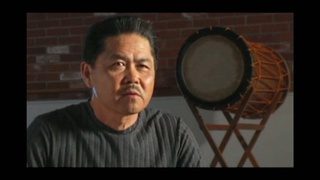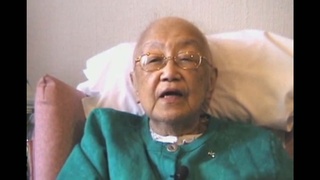Interviews
Four sisters had international marriages (Japanese)
(Japanese) Two older sisters, a younger sister and I - 4 of us ended up living in America.
The eldest sister got married. And, how can I say it? Back then there weren’t too many international marriages. So my mother used to be in tears. As I saw her cry, I never imagined I would come to America myself, too. But for some reason, it was some kind of luck. We didn’t all come together. Each one of us met someone individually. Two of them married white men, and two black men. It’s a little unusual, I think. One lives in Wisconsin, another in New York, and the two of us in California.
My parents were never prejudiced. So all of us children were very friendly and had many friends. Half of us were born in Yokohama, which may be the reason, but we didn’t have any prejudice since our childhood. So I’m proud that my parents were not prejudiced.
Date: February 6, 2015
Location: California, US
Interviewer: Izumi Tanaka
Contributed by: Watase Media Arts Center, Japanese American National Museum













